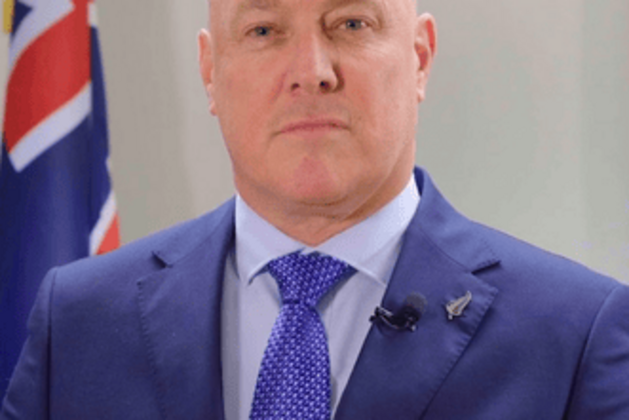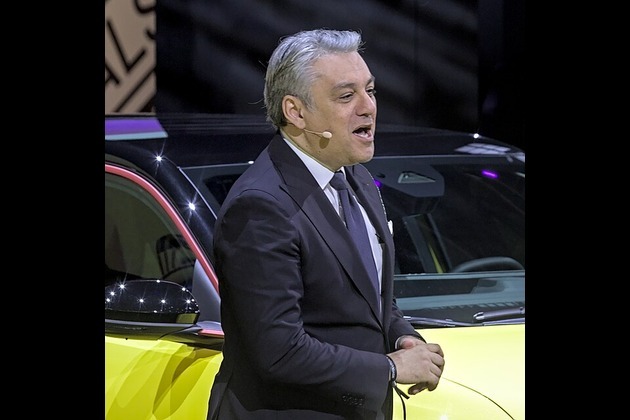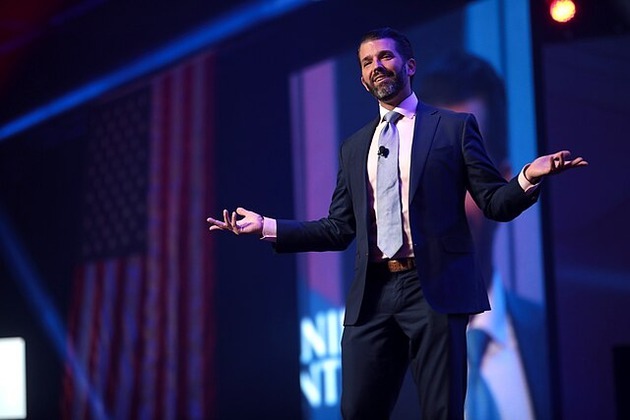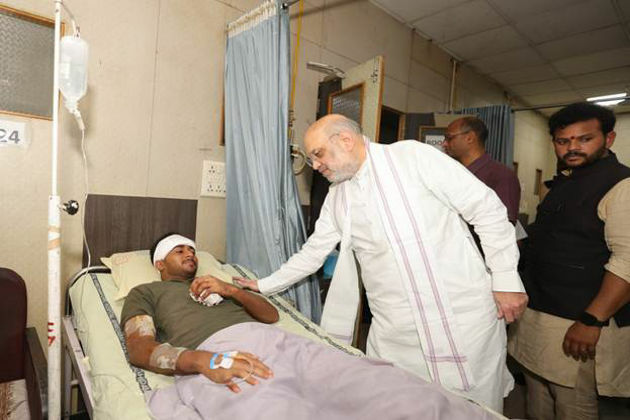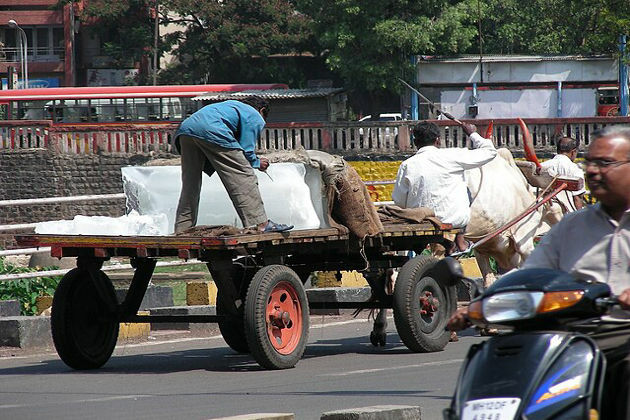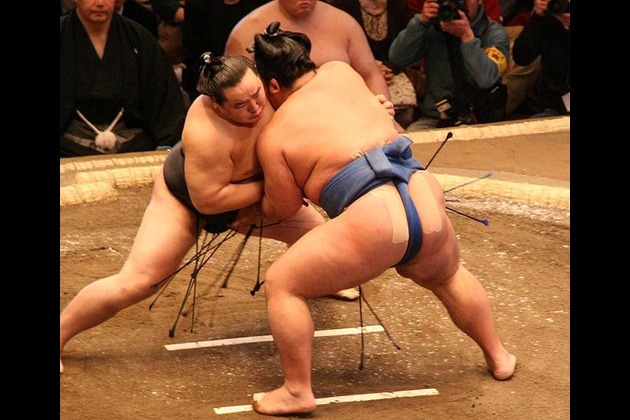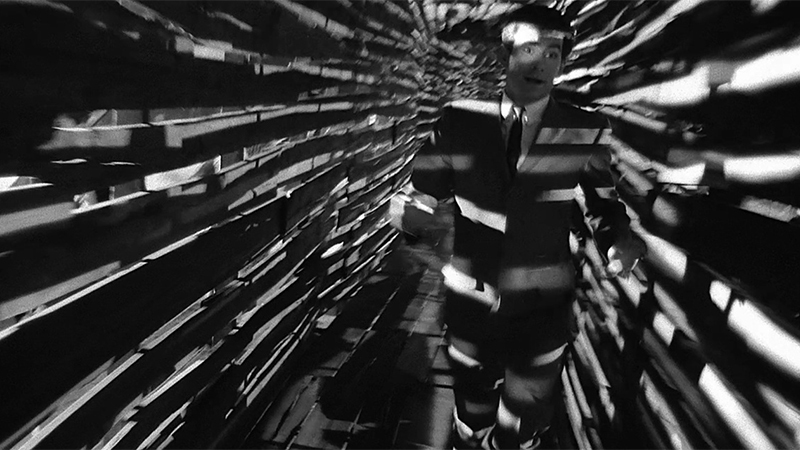Iran, Israel, And The High-Stakes Gamble of Intervention
RFE
20 Jun 2025, 15:05 GMT+10
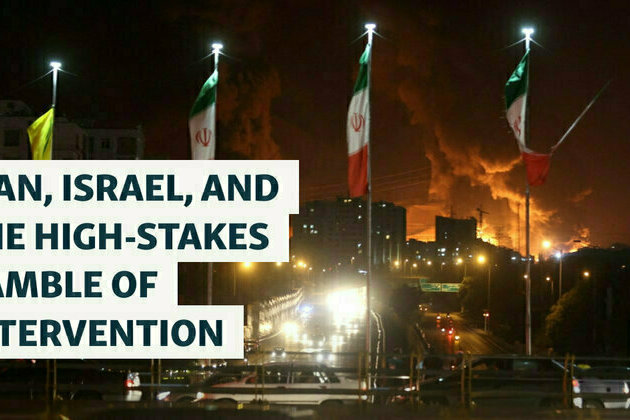
Welcome back to The Farda Briefing, an RFE/RL newsletter that tracks the key issues in Iran and explains why they matter.
I'm RFE/RL correspondent Kian Sharifi. In this edition, Im looking at the debate on whether using force to bring about political change in Iran is realistic or misguided.
What You Need To Know
Is Regime Change In Iran Israels End Goal?The question of whether Israels true objective in its current conflict with Iran isregime change-- beyond the stated aim of crippling Irans nuclear and missile capabilities -- has become a central debate among analysts and observers. Critics say Israels pursuit of regime change in Iran, whether explicit or implicit, is a profound gamble with no guaranteed payoff. However, supporters argue that the clerical establishment is at its weakest, arguing that this presents a rare opportunity to topple the Islamic republic.
Will The US Join The War?Thats the question on everyones minds, especially Iranians, after US President Donald Trump this week demanded Irans unconditional surrender. He later said he may or may not join the war. Irans Supreme Leader Ayatollah Ali Khamenei warned Trump that the US would suffer irreparable harm if it were to get involved. Irans Foreign Minister Abbas Araqchi, meanwhile, continues to insist that Tehran is committed to diplomacy. Araqchi is reportedly traveling to Geneva to meet his counterparts from Britain, Germany, and France (E3). Meanwhile, large parts of Iran face have faced anInternet blackoutimposed by authorities amid Israeli air strikes and an information scramble.
Why Israel Needs The US To Hit Fordow:The Fordow Fuel Enrichment Plant (FFEP) is Irans nuclear insurance policy -- buried deep, heavily fortified, and nearly impossible to destroy without US involvement. Israel cant do it alone, and even with Americas help, its a massive gamble with global consequences.Heres a lookat the Fordow facility and why its difficult to destroy.
The Big Issue
Iranians protest Mahsa Amini's death after she was detained by the morality police in Tehran in September 2022.
Forcing Change In Iran: The Case And The Cost
As the conflict between Israel and Iran intensifies, a pressing question looms: is military intervention in Iran a viable path to regime change?
While Israel has focused its efforts on Tehrans nuclear and missile capabilities, the scale and rhetoric surrounding recent operations have prompted speculation that a broader goal -- toppling the Islamic republic -- may be in play.
Israeli Prime Minister Benjamin Netanyahu and senior officials have stopped short of explicitly calling for regime change. Still, their language and the scope of action suggest that dismantling Irans current leadership could be a longer-term aspiration.
This possibility has ignited intense debate. While some view the Islamic republic as more vulnerable than ever, others warn that military intervention carries the risk of exacerbating instability, provoking regional escalation, and possibly strengthening Irans most hard-line factions.
Why It Matters:Military efforts alone may not be enough to unseat Irans entrenched leadership. Despite recurring nationwide protests -- most notably the 2022 uprisingsparked by the death of Mahsa Amini-- the clerical establishment has proven both deeply unpopular and brutally resilient.
The protests revealed a deeply disillusioned public, but also demonstrated the Islamic republics readiness to use overwhelming force. More than 550 protesters were reportedly killed and over 20,000 arrested during the unrest, according to human rights organizations.
Advocates of external pressure argue that military action could create momentum for internal change. But without parallel efforts -- such as supporting Iranian opposition networks, expanding communication channels, or funding civil resistance -- military strikes may not be enough to tip the balance.
In the absence of a broader strategy, critics fear that foreign intervention could do more harm than good -- empowering hard-liners, delegitimizing homegrown dissent, and alienating ordinary Iranians.
What's Being Said:Theres a lot of talk about regime change, but very little investment in the kind of infrastructure that would make it feasible,said Ilan Berman, senior vice president at the American Foreign Policy Council and a board member of RFE/RL.
Speaking to RFE/RL's Radio Farda, Berman stressed that external support for Iranian opposition movements is a necessary prerequisite for any sustained uprising.
From inside the Iranian diaspora, opinions vary. Hamed Sheibani-Rad of the pro-monarchy Iran Novin Party framed the situation starkly: Between Iran and the Islamic republic, only one will remain. He views Israeli pressure as a rare and fleeting opportunity for change.
But others caution against conflating regime opposition with support for foreign military intervention. US-based defense analyst Hossein Aryan argued that strikes on Iran risk harming the very people who oppose the Islamic republic.
Criticism of the Islamic republic is a domestic issue. The people of Iran dont need a guardian abroad -- especially not someone like Netanyahu, he told Radio Farda.
In the end, while Irans government appears increasingly fragile -- marked by low election turnout and persistent unrest -- most experts agree: lasting change will likely come from within. Military pressure may influence the timeline, but it is unlikely to be the catalyst for regime collapse on its own.
Expert Opinion:[The] bottom line here is that the death of Khamenei wont guarantee a better alternative -- the result could be an even more hard-line or militaristic regime, says Nicole Grajewski, a fellow at the Carnegie Endowment for International Peace.
That's all from me for now.
Until next time,
Kian Sharifi
If you enjoyed this briefing and don't want to miss the next edition, subscribehere. It will be sent to your inbox every Friday.
 Share
Share
 Tweet
Tweet
 Share
Share
 Flip
Flip
 Email
Email
Watch latest videos
Subscribe and Follow
Get a daily dose of Baton Rouge Post news through our daily email, its complimentary and keeps you fully up to date with world and business news as well.
News RELEASES
Publish news of your business, community or sports group, personnel appointments, major event and more by submitting a news release to Baton Rouge Post.
More InformationBusiness
SectionLilly makes $1.3 billion move to expand into gene-edited heart drugs
INDIANAPOLIS, Indiana: Eli Lilly is making a bold play in cardiovascular gene therapy, announcing plans to acquire its partner Verve...
New Zealand PM seeks stronger ties with China amid security talks
BEIJING/WELLINGTON: New Zealand's Prime Minister Christopher Luxon commenced his visit to China on June 17, seeking to strengthen trade...
U.S. on edge as Israel-Iran conflict escalates
NEW YORK, New York - U.S. stocks made only minor moves in both directions,Thursday, as investors fretted about the Israel-Iran conflict...
Luxury giant Kering bets on outsider de Meo to lead turnaround
PARIS, France: Luxury group Kering's decision to tap Luca de Meo as its next chief is being seen as a daring but necessary attempt...
Trump family enters telecom with branded phone, mobile service
NEW YORK CITY, New York: The Trump family has unveiled a new venture in the telecom sector — and it's drawing as much scrutiny as it...
Starmer: US-UK trade deal to be finalized 'very soon.'
KANANASKIS, Alberta: With key tariff deadlines approaching, British Prime Minister Keir Starmer said this week that finalizing the...
World
SectionUNAIDS: Trump’s HIV aid cuts risk reversing global progress
JOHANNESBURG, South Africa: A key global plan to end AIDS as a public health threat by 2030 is now in deeper jeopardy after the United...
One Briton survived Air India crash that killed 241 in India
NEW DELHI, India: Ramesh Viswashkumar, a 40-year-old British national, has been identified as the sole known survivor of the Air India...
Rajasthan’s city records scorching 47.3°C, as India faces heatwave
NEW DELHI, India: A scorching heat wave is engulfing northern India, with temperatures rising well above normal and causing significant...
Japan celebrates new sumo grand champion
TOKYO, Japan: Japan has a new top sumo wrestler — and he's Japanese. Onosato, who weighs 191 kilograms (421 pounds), has become a yokozuna,...
Iran, Israel, And The High-Stakes Gamble of Intervention
Welcome back to The Farda Briefing, an RFE/RL newsletter that tracks the key issues in Iran and explains why they matter. I'm RFE/RL...
Burjeel Holdings launches regional mental health platform in UAE, Saudi Arabia
ABU DHABI, 20th June, 2025 (WAM) -- Burjeel Holdings has launched four specialist mental health centres under its mental health and...


